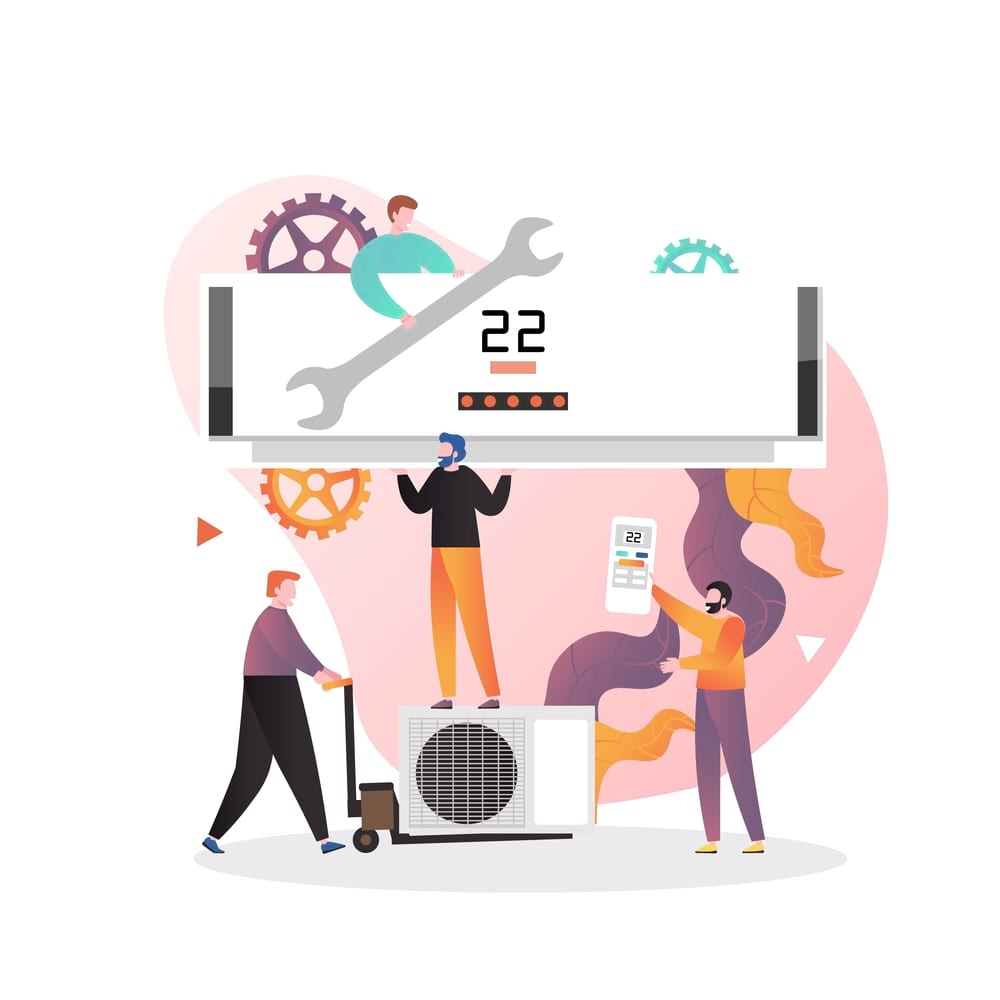
As technology evolves, innovation permeates all facets of our lives. Both in the personal and professional area. And this innovation must, without a doubt, reach our companies. Otherwise, the risk of losing competitiveness is really high.
It’s true that the IoT phenomenon is simplifying and improving many maintenance and field service tasks, streamlining processes and automating actions and responses. Facilitating overall the communication between the teams to maintain and their respective manufacturers and service suppliers. But the on-site employees continue to be necessary and a fundamental element both in terms of resolutions and in the way of carrying out the work.
With regard to this issue, another problem faced by organisations is capturing talent and the continuous training of staff.
How can we improve and complement our technicians’ skills?
Service organisations don’t just face the task of finding enough candidates to cover specific posts across the entire professional scale. They also fight to find those who have the appropriate skills. Especially as the nature of service jobs evolves beyond “simply fixing a machine”. So things, the candidates as well, must be able to:
- Adapt and discover the new technological tools associated with service work.
- Discover the new service procedures linked to more complex assets [of service].
- Work in a collaborative or team environment.
- Be able to work and relate to the client, with the expectation of improving their experience.
The five ways of improving the time-to-value of our technicians
- Simplify the jobs. The different service jobs have different characteristics and requirements in relation to capabilities or skills. A smart allocation should be able to link the simpler tasks to junior resources. And, depending on their experience and development, they will be able to climb up the ladder.
- Facilitate access to information. Providing tools that don’t just facilitate the location and contact data, but everything which is relevant and adjacent in form on demand. This way we will enable the technician to be self-sufficient.
- Implement work flows. An installation task, repairing breakages, or inspection and preventive maintenance will probably have different work flows. These could even vary depending on the client. Instead of requiring our technicians to learn and remember all of the variants, the best thing to do would be to have a field services administration tool to help and even stipulate work flows.
- Help staff with intelligence and automatic learning. Throughout the life cycle of a product, the product itself and all of the human interactions generate a lot of data. Extracting this data and creating ideas enables people to make better decisions. Does our FSM tool allow this?
- Intertwine social interaction in work. Even when many aspects of the service are automated, it is precisely the personal component that consolidates everything. We could call it an assisted service with a human touch. In fact, the use of voice calls or messages is already an integral part of the job. Does your tool integrate with messaging and collaboration apps?
Ultimately, it is a question of providing our employees with the best solution of mobility
Not to add pressure but, according to forecasts by Gartner published in 2018 in their report about Critical Capabilities for Field Service Management, for 2020, more than 75% of field service organisations with more than 50 users would have implemented mobile applications that go beyond simplified data collection. In such a way that in their [mobile] solutions, they should already be able to add capabilities that help technicians to achieve success in their daily work. Are you in this situation?
The report by Gartner, mentioned earlier, stated that suppliers of FSM solutions should satisfy at least four of the following five categories of functionality, in addition to integration and analysis capabilities:
- Management of the work demand (including the critical capabilities of planning and programming the work).
- Planning and programming.
- Technical capabilities (including the critical capability for digital support of the field service).
- Job order reports.
- Integration with operations (among which we can mention invoicing, reports, management of maintenance contracts, of subcontractors, of guarantees, of reverse logistics and other operations).
Task4Work has the capacity to integrate with third party solutions for the automation of operations. In addition, although these requirements do not include mentioning the cloud, we understand that it is also a “must” nowadays and, of course, we have included this natively since our beginning. If you want to see with palpable realities, testimonies and facts how we can help you to manage your field services, contact us without any obligation.






